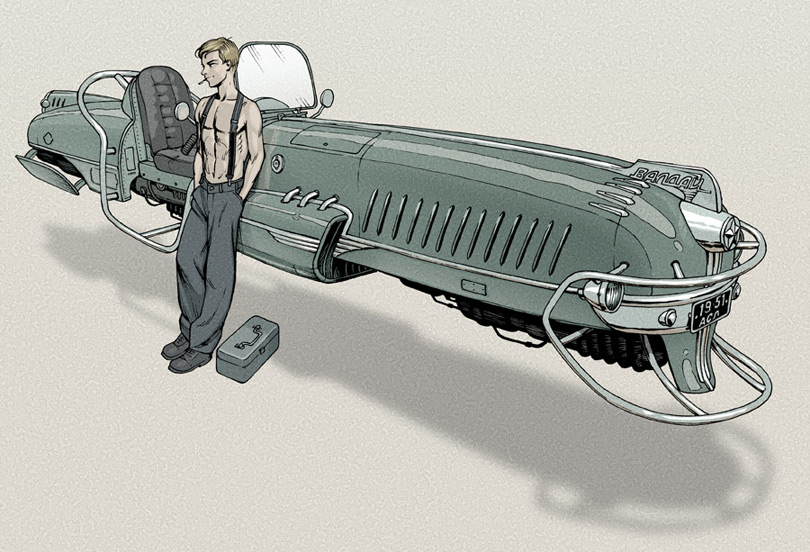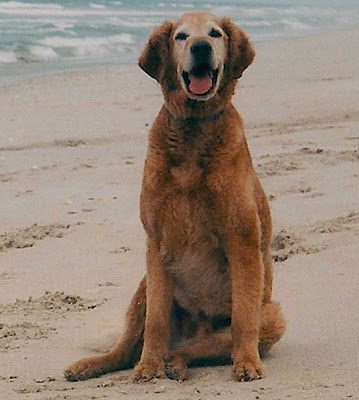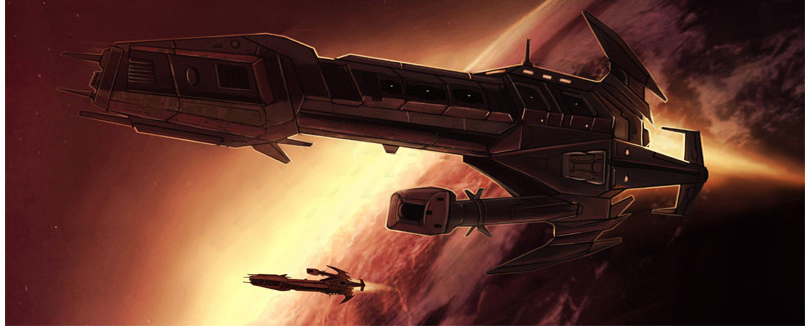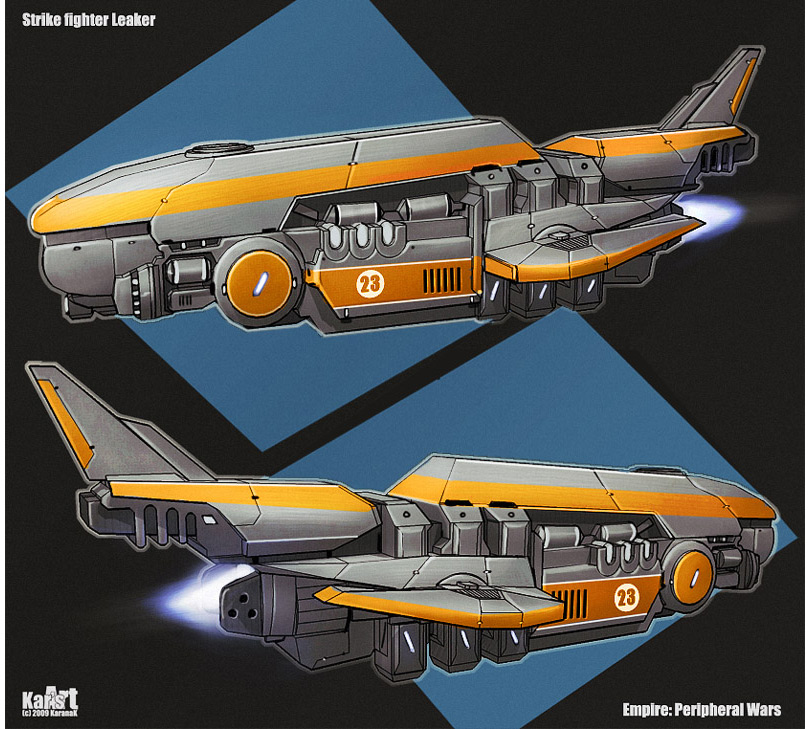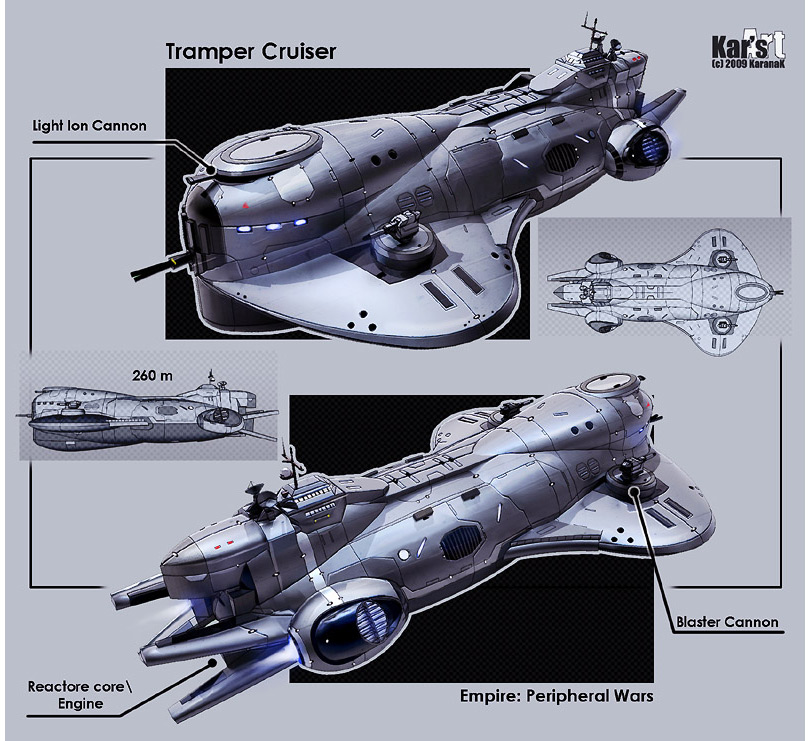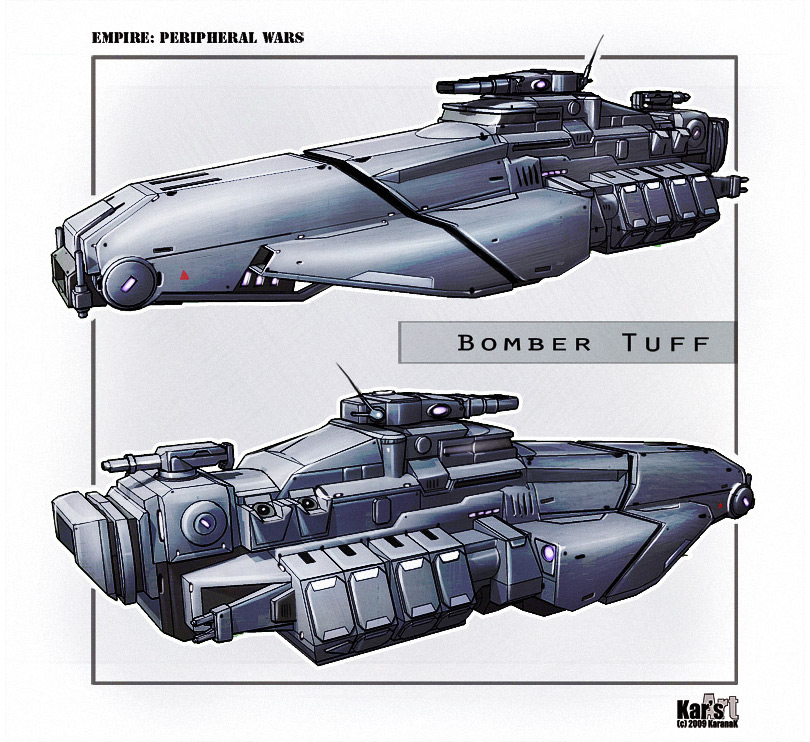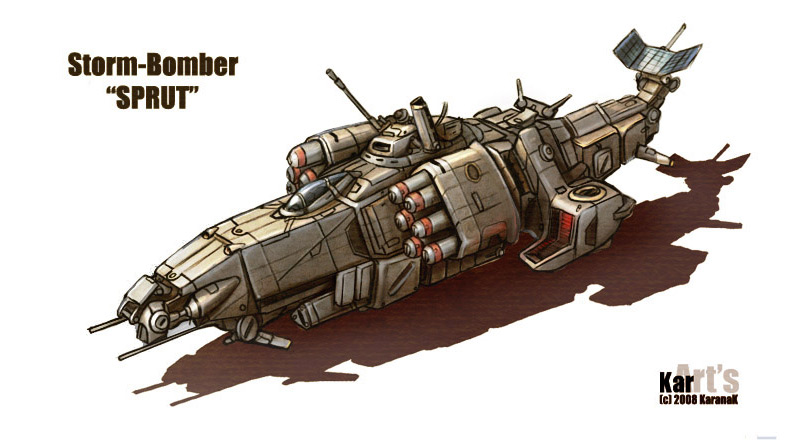



James Toback has just given us an incredible documentary on Mike Tyson, the youngest Heavyweight Champion to ever win the World Title. My fascination with Toback's other films, such as Two Girls and a Guy and Black and White, eventually grew into a fascination with Tyson, because Toback himself was fascinated with Tyson.
In the movie, Black and White, Tyson appears briefly, strongly contrasted by another one of Toback's favorite actors, Robert Downey Jr. It is an interesting scene between the two. Robert Downey Jr. plays a closeted homosexual and actually comes on to Tyson, who is playing himself. Tyson appears startled, afraid, and agitated by turns. Then his characteristic rage comes out, and you know he is not acting.
What is character?
A poignant moment in the documentary comes when Tyson is recalling what D'Amato used to tell him about the different fighters in history, and what made each of them great in their own way.
But I want to try to answer this question, "What is character?" Because I believe that some of us, like Mike Tyson, have enormous talent, skill, and intelligence. Remember D'Amato's words, "Each great fighter has something different; something that makes them great."
To answer this question, I hold up two icons of boxing, Mike Tyson and Muhammad Ali as examples.
A boxing match provides an illuminating metaphor for spiritual fitness.
But let's be honest, who can stay on top forever? Nobody can. Which is why those with the most character stand out from the crowd--and this is not the usual crowd--this is a crowd made up of Presidents, Olympic record breakers, and world champions of every stripe from chess to literature.
In the world of boxing, Muhammad Ali was a three time World Heavyweight Champion, and "suffered only five losses (four decisions and one TKO by retirement from the bout) with no draws in his career, while amassing 56 wins (37 knockouts and 19 decisions)."(1)
I'm not even talking about suicide. I'm talking about being unable to fight, unable to win anymore. You need character to win. You need character to fight every day, and then to do it again the next day.
We each have our struggles. We've all been on the razor's edge before . . .
But if I've learned anything from my past, it is that there is life after death. I may sink into despair because of the choices I make. I may be unable to enjoy the most basic things, sleeping, eating, loving . . .
All it takes is a series of unlucky events, like the events that destroyed Tyson's career, to knock one of us out of the ring--
What is character?
There are some words in the English language that contain multitudes. And then there are some words that want to contain multitudes, but they cannot hold the weight of their meaning.
In the beginning of the documentary, Tyson is describing his relationship to Constantine "Cus" D'Amato, his first manager and trainer . . .
Tyson spent much of his early adolescence in juvenile penitentiaries. His family moved to Brownsville, NY from Brooklyn when he was ten years old, a neighborhood he describes as "gruesome" and "promiscuous". His mother died when he was sixteen years old, and Constantine D'Amato became Tyson's legal guardian.
D'Amato, in his late seventies, felt a deep affection for the young Tyson. In footage from the documentary, the older man says that the boxing prodigy gives him motivation to live. Tyson recalls his relationship with Cus:
I did everything he told me to, and I won. I won every championship at the amateur level--and I started believing in this old man . . .I turned my whole life over to boxing. He brainwashed me so much. I was like his dog. If he told me to bite, I would bite.It's like a father and son relationship even though he is my manager and trainer.Cus trained me to be totally ferocious.He spoke with me every night about discipline and character, and I knew that nobody--physically--was going to fuck with me again.
Tyson lived with the D'Amato family in a fourteen bedroom Victorian mansion in Catskill, NY. His entire focus was on becoming the youngest Heavyweight Champion of the world. He studied boxing. He practiced. He trained. Every night from the ages of 14 to 21, he watched fight films that dated back to the early days of boxing. D'Amato had a collection of them and the young Tyson would pore over the great fighters. He knew their every punch by heart.
A poignant moment in the documentary comes when Tyson is recalling what D'Amato used to tell him about the different fighters in history, and what made each of them great in their own way.
I have a great deal of respect for Cus--I believe everything he said. His word in boxing is Bible to me. When he described fighters, he talked about their good points. He talked about Jack Dempsy's ferocity, he talked about Rocky Marciano's will and dedication; when he discussed Muhammad Ali, he talked about character. He said that's the only reason why Ali is the best--because he had more character. I thought that was funny--I was a young kid. As I grew older, I realized what he meant.
Most definitions of the word "character" emphasize moral strength. But "moral strength" is only slightly less conceptually vague than the word "character". What does character really mean?
Character embraces the whole person, emotionally, psychologically, and spiritually. Character seeps into the physical person as well, blending fluidly with the emotional, becoming habits, tics, and what we call "characteristics".
Character is the person's root in this earth, their essence day to day, and over a lifetime.
There is nothing greater than character; only destiny. And a sage once pointed to the connection between character and destiny.
Let me be concrete now. Writing this essay about character, the one you are reading right now, was not a choice for me. For days, I will go without a single igniting flame in my mind, and then, I'll watch a movie or read a passage in a book or have a conversation with a stranger, and suddenly, I must write. There are ideas wildly ringing in my ears, connections and metaphors that were not there the day before.
Writing is my form of boxing. From my earliest memories of childhood, I was writing. My father disciplined me to read classical literature and write on a regular basis. I wrote ferociously through high school and college. There was this root of my personhood that needed to be expressed in writing.
Now, I pick up electricity in the world, in the things I read, in my experiences and relationships, I pick up the current of whatever happens to be rushing though my reality in a given moment, and I express those ideas for people to read, for myself to understand. This is what the Blog of Innocence is all about. It is about bending raw, open questions into language.
But I want to try to answer this question, "What is character?" Because I believe that some of us, like Mike Tyson, have enormous talent, skill, and intelligence. Remember D'Amato's words, "Each great fighter has something different; something that makes them great."
To answer this question, I hold up two icons of boxing, Mike Tyson and Muhammad Ali as examples.
Mike Tyson reached the pinnacle of boxing fame before he was 21 years old. In art-world terms, he was the Basquiat, who I write about in another essay . . .
After this enormous staggering success--a result of Tyson's many years of rigid apprenticeship under Constantine D'Amato, a string of tragedies unfolded. The death of his father-figure and trainer, a divorce, a rape conviction.
Under the new circumstances of his life, Tyson could not be the same man, the same fighter. No reality is permanent; and Tyson's reality dramatically shifted into a complex web. His character was tested on a grand scale.
A boxing match provides an illuminating metaphor for spiritual fitness.
Literally, you must be healthy to fight; you must train hard; and prepare yourself.
Spiritually, the outcome of the fight depends on the strength of your character in a single moment of your life.
You may win the World Title, as Tyson did. You may win it again, and if you are lucky, another time too. People will venerate you and you will feel, as Tyson did, like you are on top of the world--
But for success to happen once or twice, for victory to occur, does not imply greater character. Character endures over time, and brings success and victory full-circle. And your greatest successes are always your future ones; because your wins keep getting bigger, more unfathomable.
But let's be honest, who can stay on top forever? Nobody can. Which is why those with the most character stand out from the crowd--and this is not the usual crowd--this is a crowd made up of Presidents, Olympic record breakers, and world champions of every stripe from chess to literature.
Lincoln. Mahatma Gandhi. Muhammad Ali. Nelson Mandella. We know them by heart, their stories are woven into our national histories.
In the world of boxing, Muhammad Ali was a three time World Heavyweight Champion, and "suffered only five losses (four decisions and one TKO by retirement from the bout) with no draws in his career, while amassing 56 wins (37 knockouts and 19 decisions)."(1)
Character.
D'Amato: "The only reason why Ali is the best--he had more character."
Now I think about my life and how quickly things change. States of emotion, my outlook, my thoughts. And, it seems, every day is different from the last one. Like Tyson, there is turmoil in my life, and I wonder if I can still fight like I once did.
D'Amato: "The only reason why Ali is the best--he had more character."
Now I think about my life and how quickly things change. States of emotion, my outlook, my thoughts. And, it seems, every day is different from the last one. Like Tyson, there is turmoil in my life, and I wonder if I can still fight like I once did.
How can I continue to fight?
How can I continue? This existence?
I'm not even talking about suicide. I'm talking about being unable to fight, unable to win anymore. You need character to win. You need character to fight every day, and then to do it again the next day.
We each have our struggles. We've all been on the razor's edge before . . .
But if I've learned anything from my past, it is that there is life after death. I may sink into despair because of the choices I make. I may be unable to enjoy the most basic things, sleeping, eating, loving . . .
All it takes is a series of unlucky events, like the events that destroyed Tyson's career, to knock one of us out of the ring--
But character is what lives through all of that. If the self dies a hundred times in one lifetime, if the self dies a thousand times, one's character grows with every death. It is the thread that cannot be broken.
And we remember the person by that thing which cannot die--even long after they are dead.
Image Credits:


